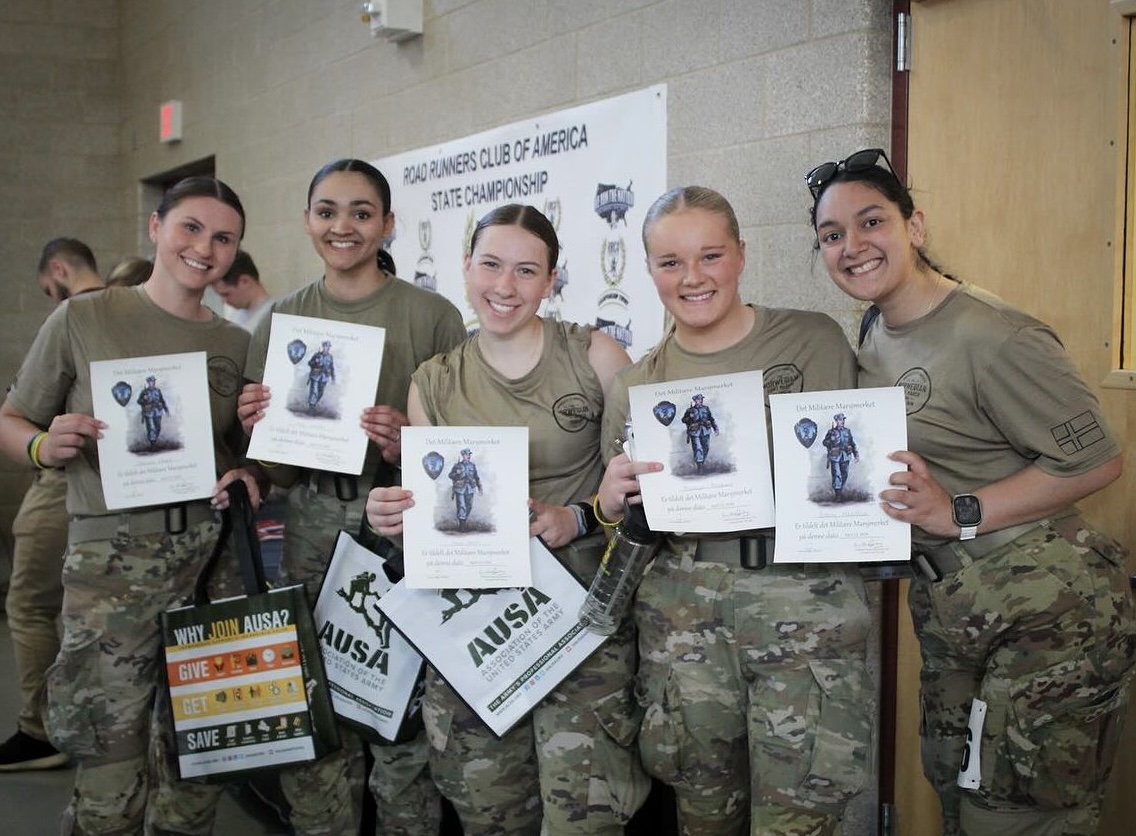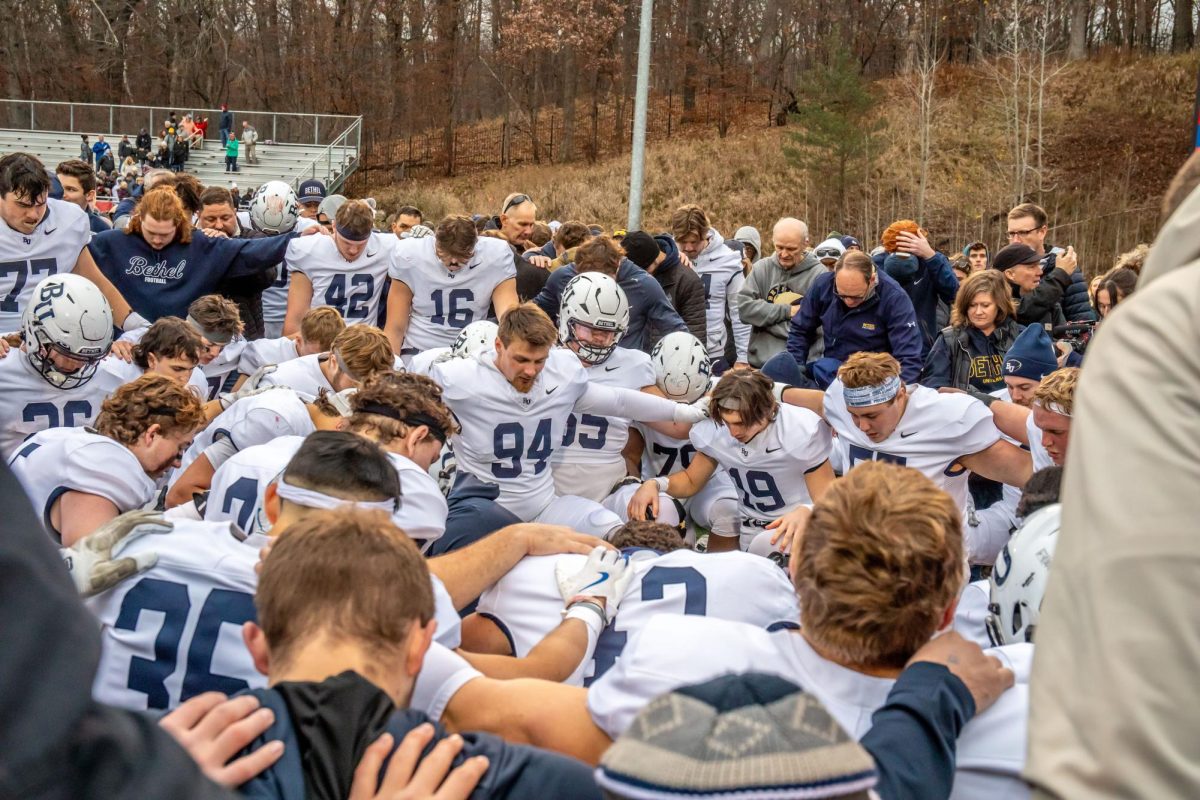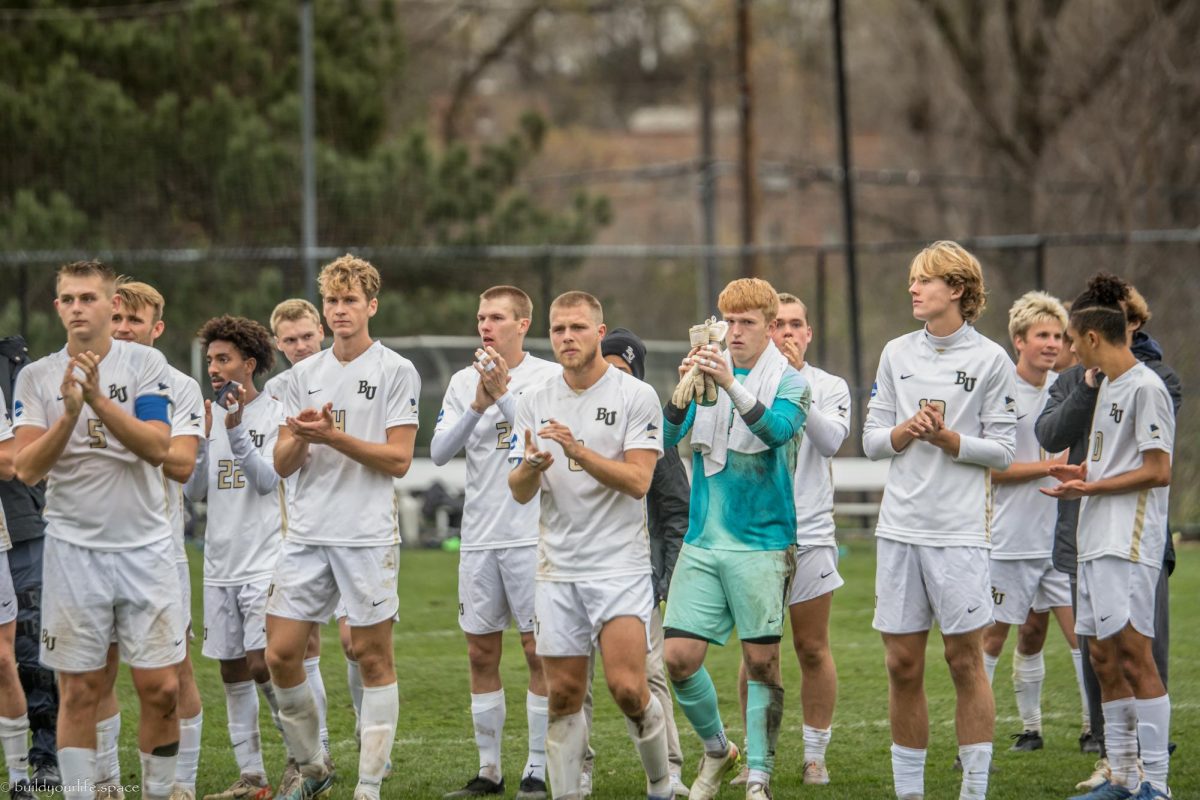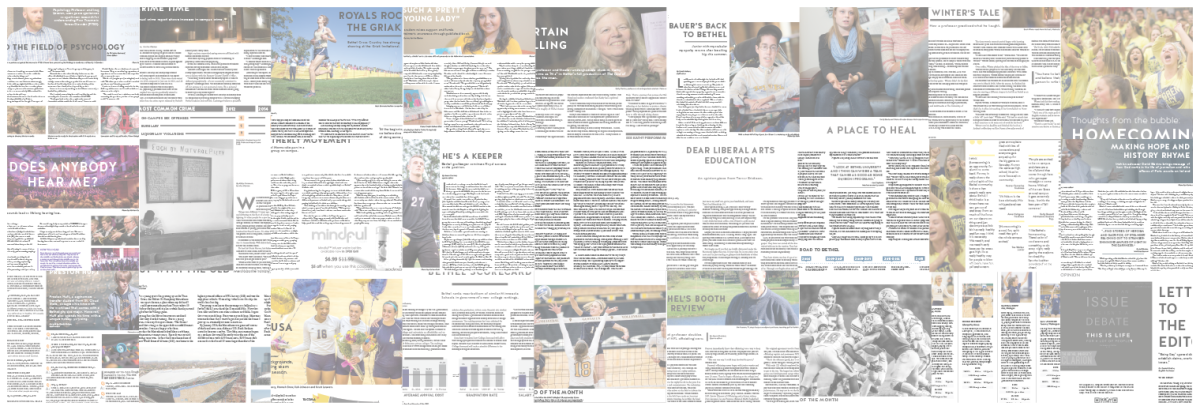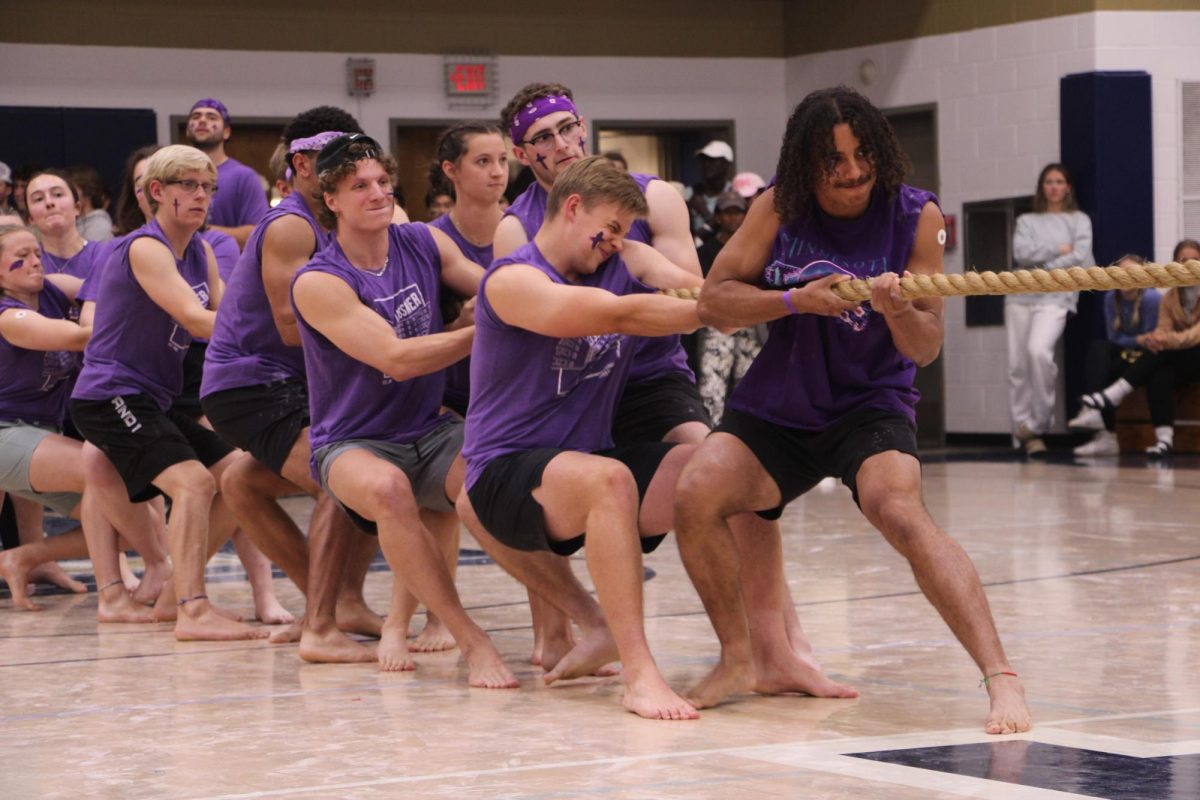A review of Mark Yarhouse’s sexuality talk from the perspective of a gay student
Jonah Venegas | The Clarion
The following is an opinion piece and does not necessarily reflect the views of the Clarion, its staff or the institution. If you would like to submit a response or an opinion piece of your own, please contact Editor in Chief Jared Nelson at [email protected].
Speed walking through the BC on my way to the Underground, I checked the time on my phone. It was already 8:01 p.m. on April 7 and I was late. I was a bit reluctant at first, but I was going to see Mark Yarhouse, a psychologist and professor from Regent University give a talk on sexuality. From what I had heard and read of him in the past, I wasn’t incredibly optimistic about the event, but the Underground was relatively full, so I slid into the second row and took out my notebook just as it was beginning.
His presentation consisted of his research about sexual minorities at Christian colleges as well as a question and answer segment. I was pleasantly surprised at how well he handled the topic and how nuanced many of his answers were, a sentiment that I found many other LGBT students in attendance shared following the event.
Among the positives in his presentation, he gave a mildly muddled, but overall helpful explanation of why it’s important to LGBT people to identify as “gay,” “lesbian,” etc., rather than “same-sex attracted” or “homosexual.” This is an important distinction for the Bethel community to realize because using non-standard terminology can often carry dehumanizing connotations for LGBT students and Christian LGBT students. Those words have roots that go back to ex-gay reparative therapy movements or when homosexuality was still considered a mental health disorder, two things that Yarhouse addressed.
In addition, he affirmed several fundamental truths of existence for LGBT Christians that often get lost in highly politicized culture wars over LGBT issues. He made it clear that it is possible to be gay, lesbian or transgender and also Christian, defending the idea that those two things are not mutually exclusive. He noted that even though he doesn’t take an affirming stance in terms of same-sex marriage or sexual relationships, adding that he doesn’t think the people who do are wrong. He explained that many of his LGBT friends hold different views and positions, but that doesn’t have any impact on the quality or legitimacy of their relationship. There are many good Christians who are at different points on this spectrum of belief, he said.
These differences tend to be highly polarized in our society, with each side considered to be morally right or morally wrong. He never questioned the faith of his friends who held to differing beliefs, which is a good example of how non-affirming Christians can and should react to those kinds of differences. We all should prioritize relationships with people who hold different perspectives rather than highlighting our disagreements. This goes for both sides, affirming and non-affirming.
Yarhouse also spoke on what it might look like to engage with LGBT issues on Christian college campuses, saying that we should strive to create safe spaces where LGBT students can still feel wanted and fully included in those communities. Thus, he spoke against using the phrase “love the sinner; hate the sin,” which is a popular saying that has been used in reference to LGBT Christians and only serves to reduce those people to their sexuality while simultaneously dehumanizing them. Yarhouse is not a proponent of reparative therapy, meant to make LGBT Christians straight and only reserves the right of sexual orientation change efforts to informed adults who voluntarily seek it out. Rather, he advocated for the climate change on Christian college campuses and support for LGBT students, pointing out that LGBT students have no fewer needs for intimacy from interpersonal relationships and social and institutional support as compared to straight students.
Yarhouse added that policy change is probably not the most realistic expectation for LGBT students, which might be upsetting to some, his calls for broader and deeper support for LGBT students at Christian colleges was a bright spot and definitely a good starting point for schools like Bethel.
Overall, it was refreshing to hear a speaker that represented our stories accurately, portrayed us in a humanizing way and helped other students and faculty understand what it’s like to walk our journeys better. Ideally we would be hearing these stories from LGBT Christians and students themselves, but fact that this event occurred and that he was willing to engage with the difficult questions many of us raised is a positive step toward the right direction for a place like Bethel. It was especially meaningful for students who still harbor fears of alienation, unacceptance or backlash related to coming out.
Though events like this may be considered only baby steps by students who are looking for more sweeping reform, they are strides in the right direction and help to raise awareness for topics like this at Bethel. Events like these are beginning the process of creating places of openness and safety where LGBT students can feel comfortable and supported coming out and being a part the community fully. They will not fear reprisal, condemnation, or be questioned in their faith, instead feeling wanted, included and valued.
Obviously, there’s still more work to do, but I personally hope that the positive progress will encourage more students to come out and share their stories, being willing to help drive the movement to create safe spaces and be the change that they’re looking for, both for their own benefit and for the benefit of students that will come to Bethel in the future. Though it might take a while to get there, the progress and openness that I’ve seen gives me a vision of Bethel possibly becoming a model of how Christian colleges, though non-affirming officially, can become safe spaces that advocate for the humanity and inclusion of LGBT students.






